Retail reimagined for a Kootenay mindset
Ash Hodgson shares her rules for surviving and thriving as a small business owner in rural B.C.
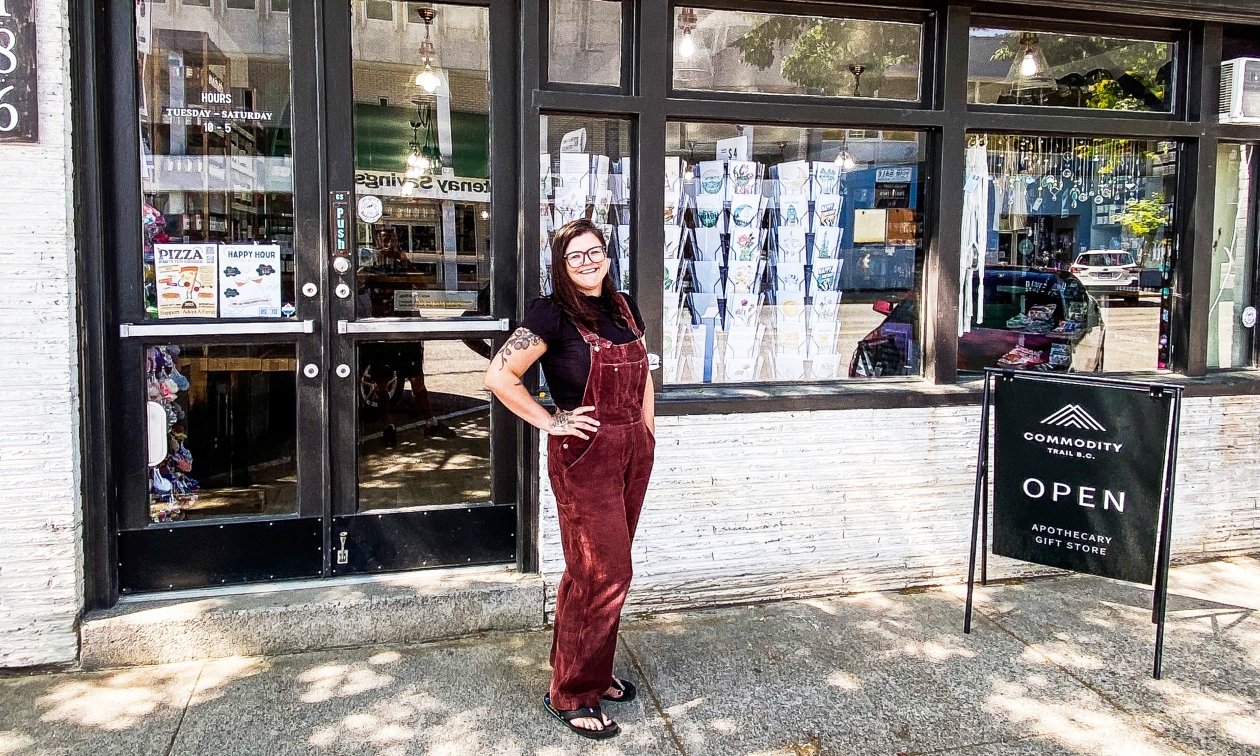
Ash Hodgson has developed a solid approach to B.C. business ownership. — Photos courtesy of Ash Hodgson
Entrepreneurship in the Kootenays rarely follows a straight line, and Ash Hodgson wouldn’t have it any other way. Based in Trail, B.C., Hodgson has built multiple businesses from the ground up, including the popular retail shop Commodity.bc (formerly Good Stuff) and Kootenay West Distilling, which she runs alongside her husband, Thomas.
Whether it’s renovating aging buildings on a shoestring, teaching herself new skills via YouTube, or setting firm financial rules to weather rural unpredictability, Hodgson has learned to build things that last (without burning out). At a time when small businesses face extraordinary pressures, her approach is to work hard, stay flexible, and know when to walk away. We sat down with her to learn more.
What inspired you to start your first business, and how did that journey begin?
I have spent the majority of my adult life working for myself, it just felt right. In the Kootenays I started with photography. The schedule worked with young children and I enjoyed the creative outlet and connection. That journey began with an entry level camera and online live training programs I would keep on in the background while my babies crawled around.
How has growing up or living in the Kootenays shaped your approach to business?
Moving to the Kootenays and running a business here has taught me that work-life balance is the most important rule you must maintain. If you give it all you have you will end up with nothing. I am not saying don’t do late nights, or early mornings but don’t do it at the sacrifice of your well-being. In the end it’s always better to show up whole and happy than falling to pieces.
What challenges have you faced building multiple businesses in a smaller, rural economy—and how did you overcome them?
Our area is a unique one, with many challenges. I would say a large one is old buildings that need a lot of work without an adequate market to see the return on investment. For us rather than overcoming it we made mistakes and learned. You have to do it yourself, build it all yourself, learn the skills, watch videos, try and try again. In doing this you not only receive the product or display or improved facility but you also have a skill that you can lean on in the future. Learning to do things I never thought I could is bringing us through the most challenging time in small business since the Great Depression.
Why did you rebrand from Good Stuff to Commodity.bc, and what does the new name represent to you?
Our beloved name of Good Stuff has been aptly re-homed to Good Stuff Foundation, our charity program, where we run Adopt-a-Family. We are planning to go year-round in 2026 helping families in need through all holidays, including birthdays! We decided to prevent confusion to let the name live on doing Good Stuff in our community for generations to come.
I chose our new name Commodity because I felt it represented the large selection of items we carry from food to self-care to clothing, they are all valuable useful items, they are commodities. We added the Trail B.C. so that if my daughter Alliza ever decides to open her own store we might have a Commodity - Cranbrook B.C.
What makes Commodity.bc different from similar businesses in your industry?
Our long-term goal at Commodity is to make or design 70% of what we sell, to have our own line of products people can trust. This means learning more skills and upgrading current equipment. We feel it is the future for our small business. A plus is, I love making products, it is my favourite part of these businesses.
What’s it like running a distillery with your husband? Do you have clearly defined roles, or is it more collaborative?
We seem to have fallen into our positions very well over the last year. With the store needing my undivided attention during the rebrand and change of stock, Thomas took over a lot of roles I held at the distillery. Now I would say I assist him over there and he assists me with the store. Running a business with your partner is challenging, I have found it much easier for one person to be steering the ship in each business.
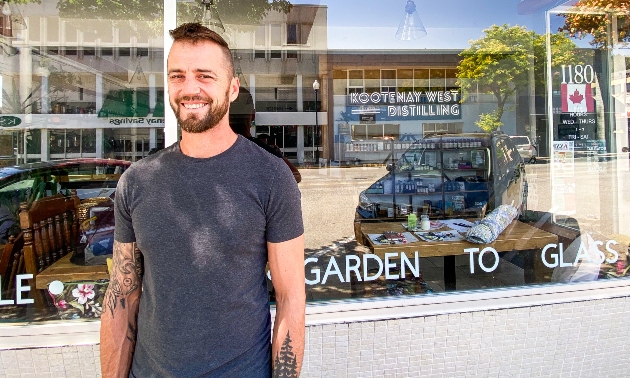
Thomas steers the ship over at Kootenay West Distilling, while Ash takes the lead at Commodity.
What do you love most about the spirits or cocktails you craft at the distillery?
That they taste amazing, and that Thomas is always coming up with new and wonderful things for me to try. I also love that it supports local growers.
How do you balance running such different types of businesses? Do they influence each other at all?
With the new direction that the store is headed, they feel very symbiotic now. Both businesses focus on creation, both are brick and mortar and are an expression of our joint vision. The suppliers and execution may be different but the customers and the relationships we have with them are very similar. Yes, they influence each other for sure, if I change up my style or Thomas changes up his, it seeps into both businesses, as they truly are just an extension of ourselves and that as you know is ever changing.
What lessons from your earlier ventures are helping you shape the future?
Hold on to your money. In any venture, never spend more than 40% of what you have and budget 20% because everything will double. Business is fickle and unpredictable, especially in this area. Money can’t fix everything but it can make the journey a whole lot easier.
Do you follow a business philosophy or set of guiding principles when launching something new?
If it doesn’t make money it’s not a business, if you run the numbers and they don’t look really good, walk away. If you want to do good in your community, build a business that has longevity because if it’s not sustainable your plans on creating change will never be realized.
What has surprised you most about entrepreneurship?
That heartbreak, passion and drive do not equal success. Great business people fail sometimes, and it’s hard to watch. Immense amounts of love and effort are put into small businesses.
What advice would you give to someone thinking of starting a business in the Kootenays?
Services, and subscription-based businesses—it is so volatile right now that knowing your income month to month is ideal. Hold on to your money, spend as little as possible, if it starts to succeed then upgrade or grow, organic and slow.
Looking back, what moment or milestone are you most proud of so far?
Working with my kids, it’s a gift to work with people you love so much and to watch them thrive.

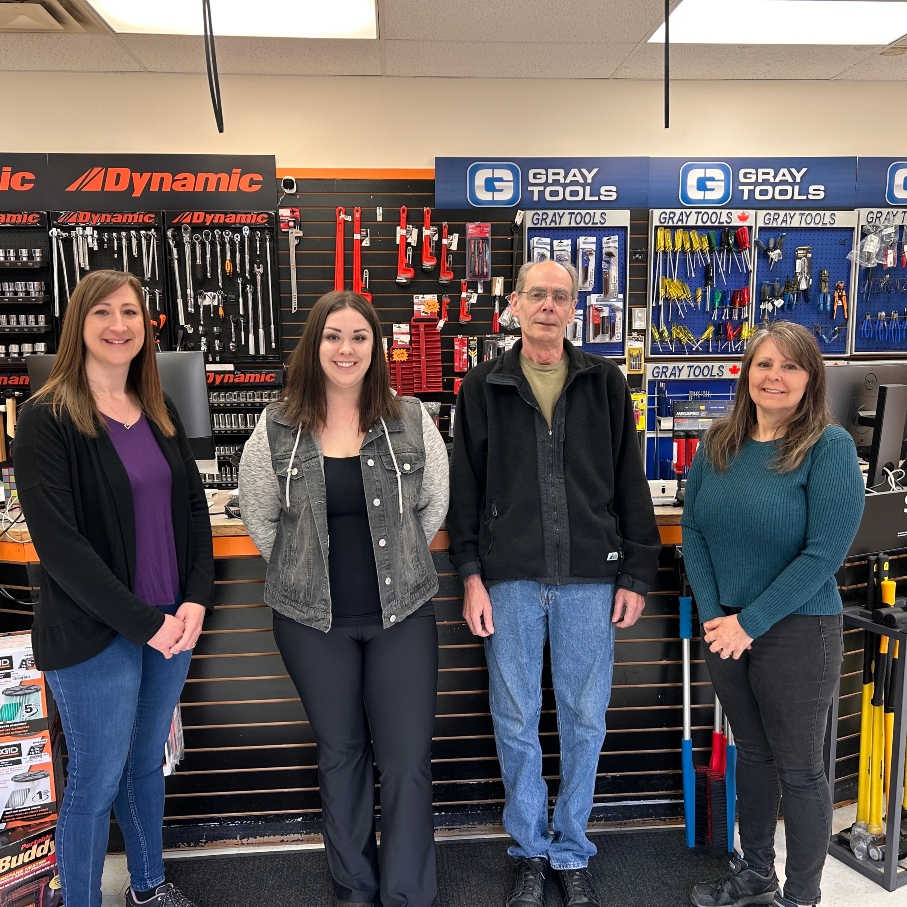
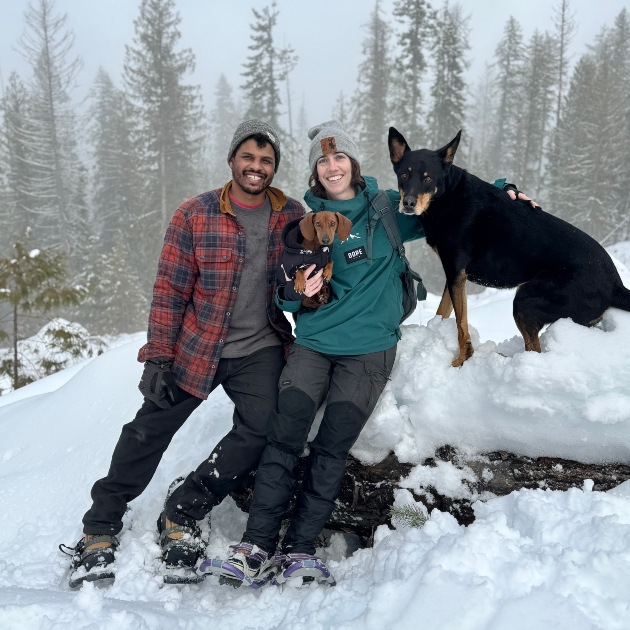
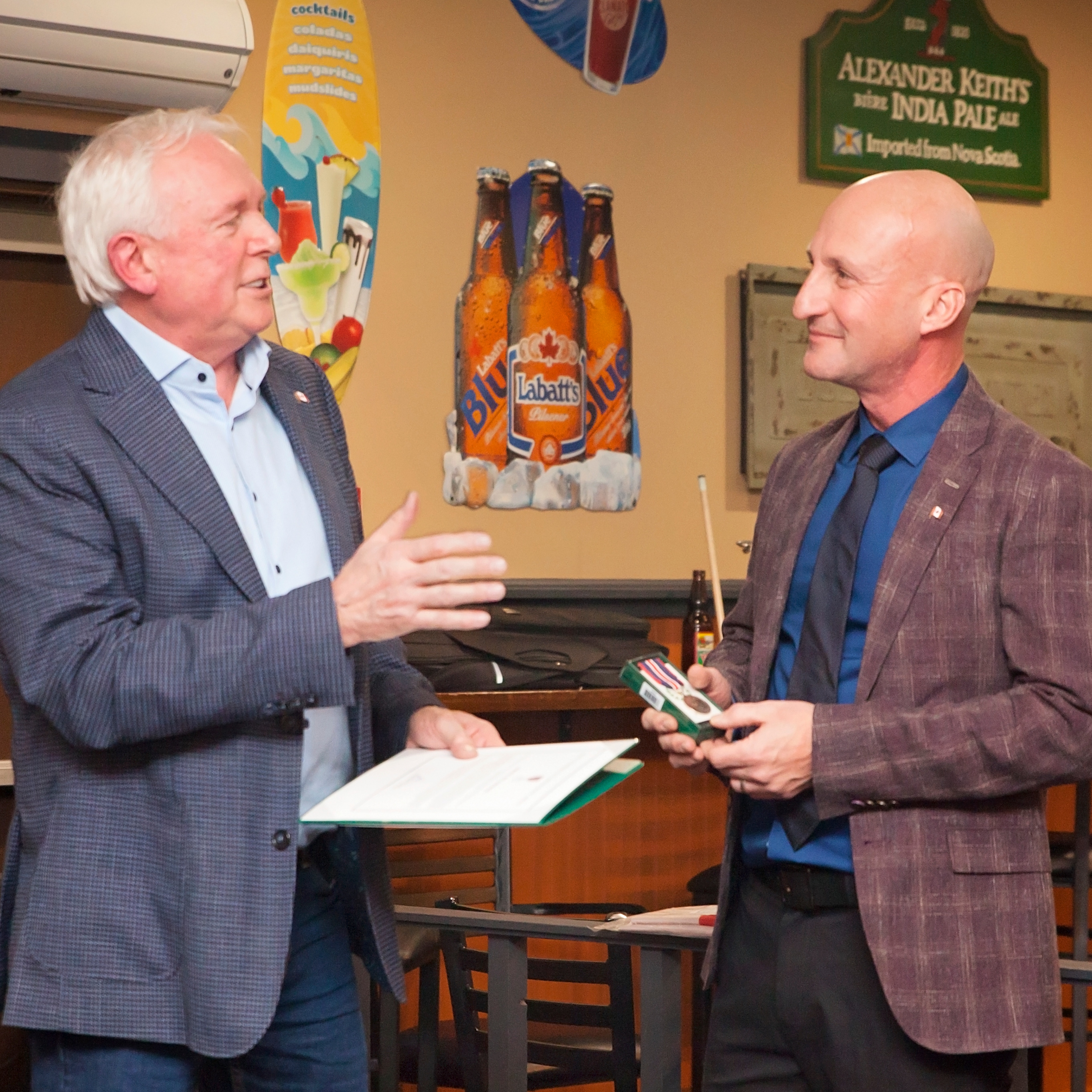

Comments